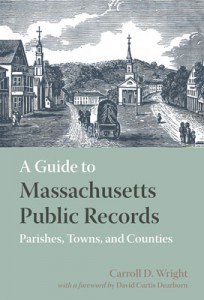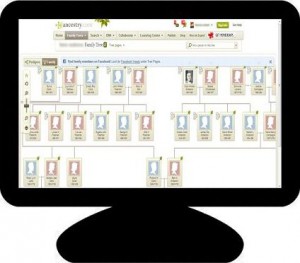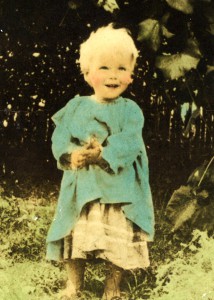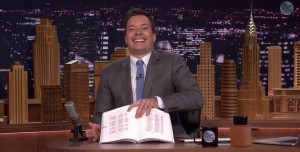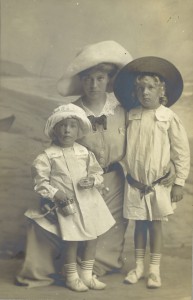
My great-grandmother Sara Theodora Ilsley (1881–1945) was an orphan from the age of fourteen, so it is not surprising that her descendants did not know much about her family. My father, who knew his grandmother well, told me that “Grandma came from Newburyport,” which isn’t really the case: She was an Ilsley descended from the immigrant to Newbury, it’s true, but her branch had gone north to Falmouth/Portland and then south to Newark.
Furthermore, my great-grandmother’s Beekman ancestry has tended to obscure the (to me) equally interesting fact that Theodora Ilsley belonged to a distinguished family of musicians, among them her father Francis Grenville Ilsley (1831–1887), grandfather Francis Lunt Ilsley (1804–1874), and great-grandfather Nathaniel Ilsley (1781–1870). Continue reading Musicians in the family: Part One



